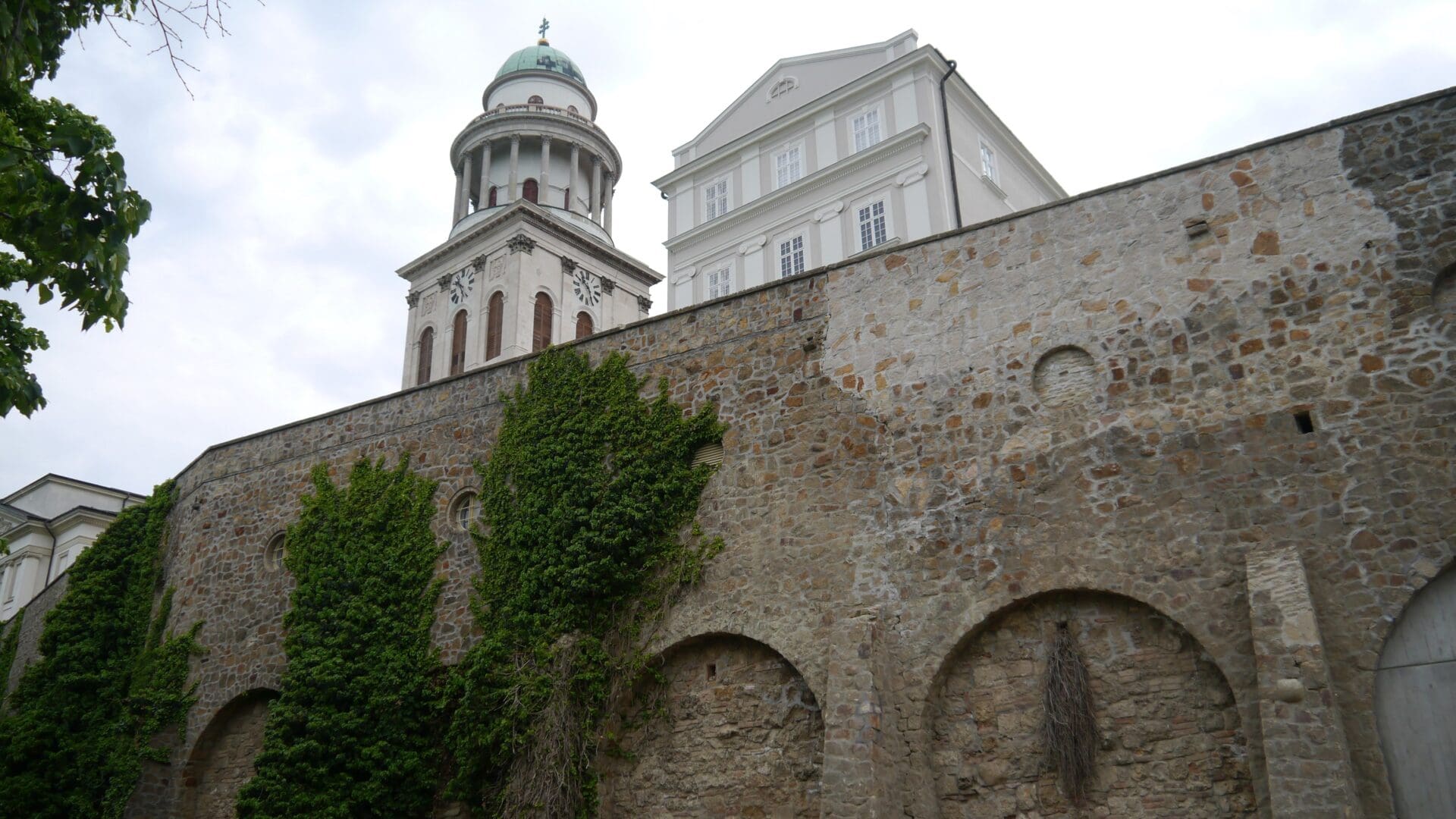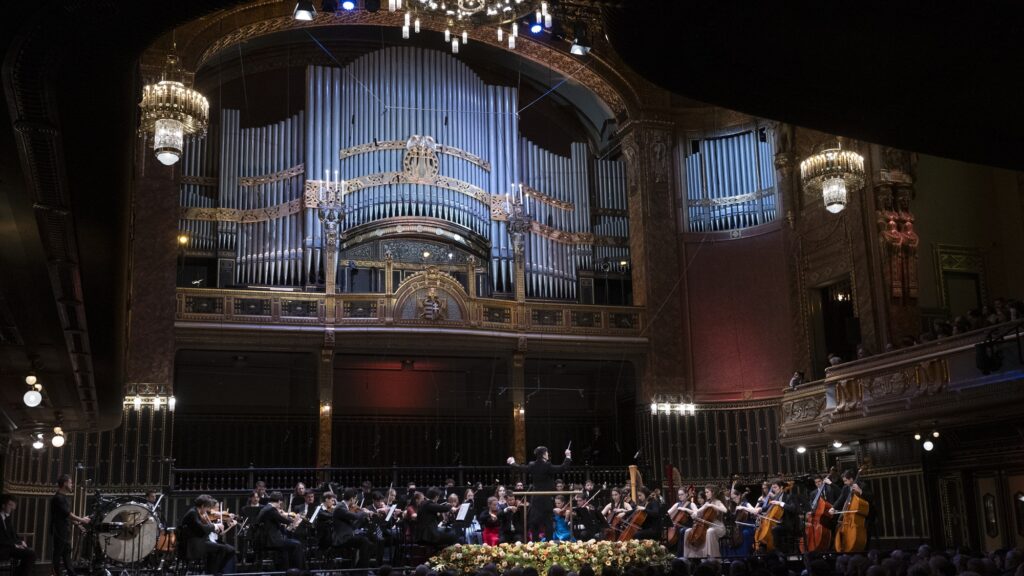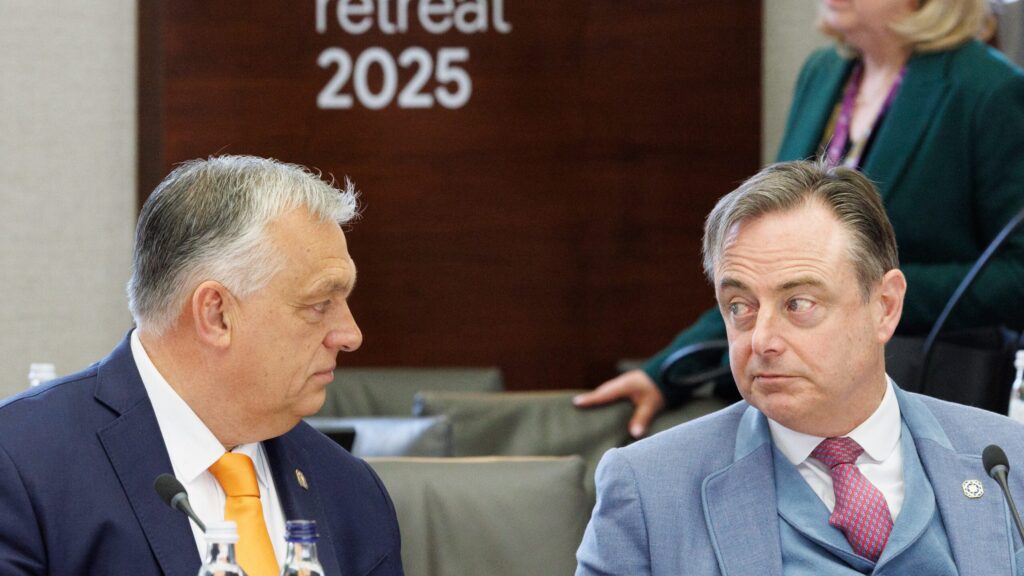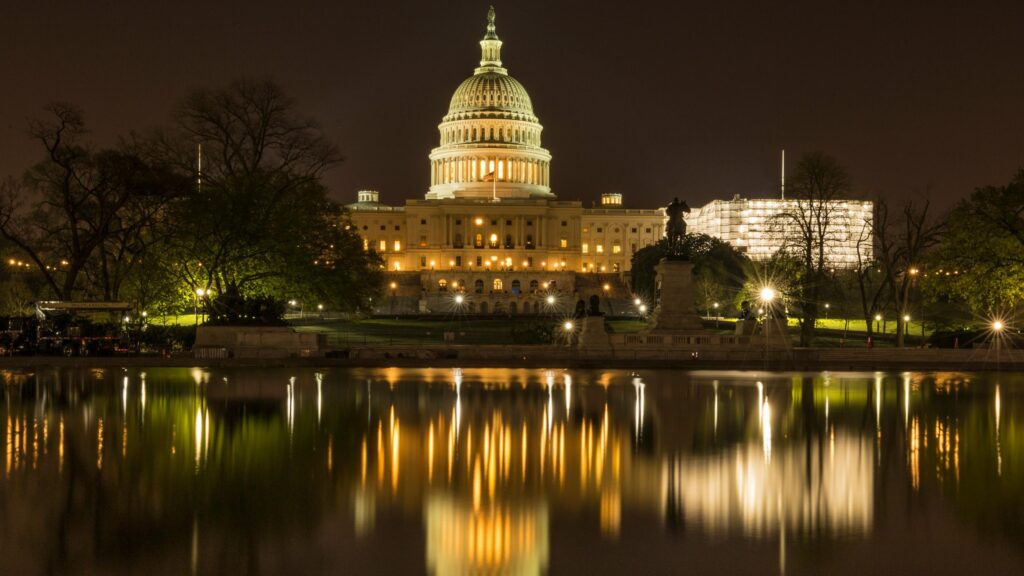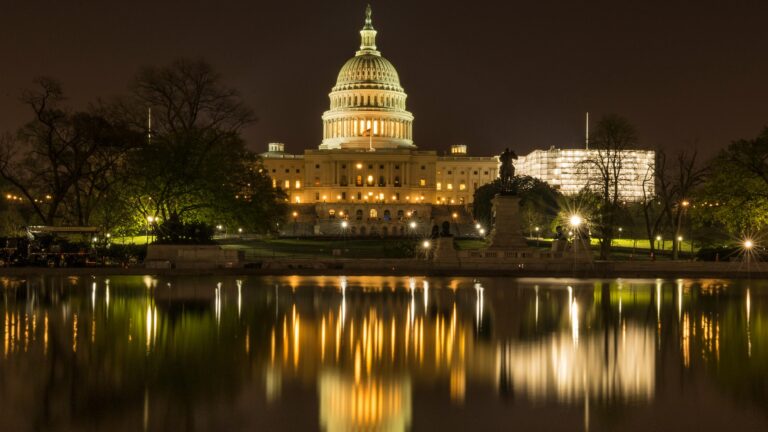The Italian humanist Petrarch had described the Early Medieval era as the ‘Dark Ages’—‘dark’ compared to the ‘light’ of Classical Antiquity. His historiographical periodisation of the post-Roman centuries, specifically between 476–800 AD when there was no Roman (or Holy Roman) emperor in the West, was arrived at because of the frequent warfare and virtual disappearance of urban life. Yet recently identified ruins of what used to be a Benedictine abbey in Tomajmonostora, situated in in the Northern Great Plain of central Hungary, dismantle the pejorative term, for indeed, European society was not that all ‘dark’.
‘The hill was once the site of the monastery that gave the settlement its name, probably founded by the Tomaj tribe in the 12th century. The first mention of the Tomaj monastery dates back to 1340, but by that time the abbey had already been in existence for centuries’, said Gábor Virágos, head of the museum’s National Archaeological Institute.
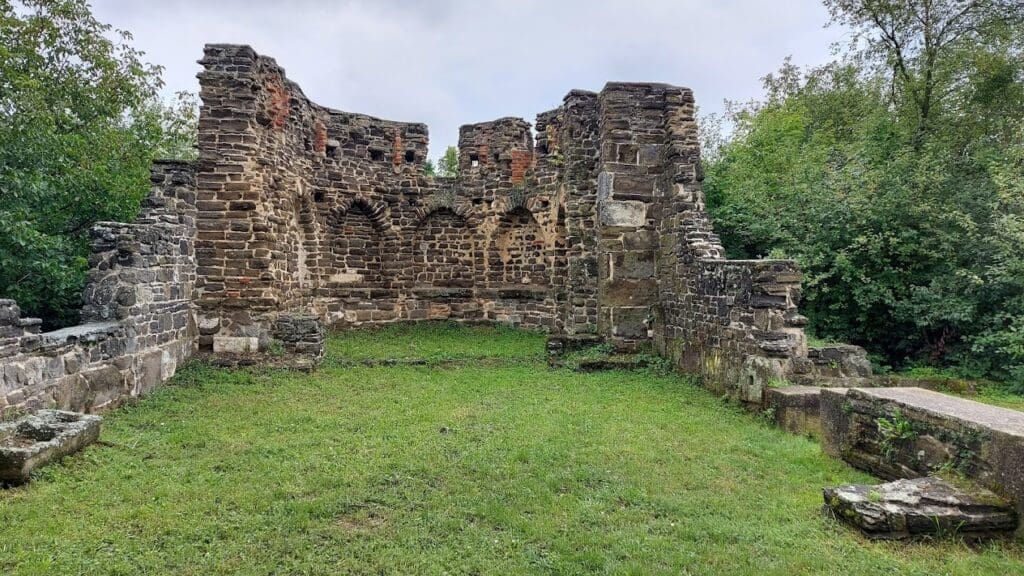
The finding asserts that
Early Medieval Europe was in fact civilised, or at least became so, because of the crucial efforts of Benedictine monks.
The occurrence of this phenomenon, as sustained by many scholars, was largely due to the Rule of St. Benedict of Nursia (480-547), which provided a sense of a stable community to individuals caught within the socio-political whims of the ‘Dark Ages.’
‘Benedict lived at a time’, as explained by Rev Darris McNeely, a minister with the United Church of God, ‘when the Roman Empire was collapsing, and he saw the role of the church as to preserve the best in human culture throughout the centuries. The whole world was crumbling, and Benedict helped ensure that human civilisation survived.’
In the remote, unsettled, and somewhat pagan regions, the Rule brought about religious change. In this, the Benedictines became the principal architects of the institutional church and its doctrinal and liturgical framework that was raised from the ruins of Roman antiquity. Yet while the ruins at Tomajmonostora should both reflect and celebrate the beginnings and establishment of Christendom, it has thus far being hailed solely as an archaeological discovery to be appreciated in a museum. The paradox of such a limited acknowledgment is that
it mirrors the present-day status of Christian society as a whole, one of ruins, a true ‘dark age’.
Today’s ‘Dark Era’ of Christendom
Hungarian Prime Minister Viktor Orbán, on the occasion of Pope Francis’ visit to Hungary in 2021 appealed to the Pontiff ‘not to let Christian Hungary perish’. It is not, however, just Hungary that faces this peril but every continent due to the moral vacuum of the secularised West that has been ingrained in just about every sector of Christendom.
The calamitous cause of this has been the redefinition of marriage of ‘man and woman’ to ‘same-sex’, and the right to change one’s biological sex. Consequently, the institution of the family has likewise been recasted altogether, equivocating the LGBTQ+ agenda as normal. As a result, in the United States, for example, between 2 million and 3.7 million children under the age of eighteen have an LGBTQ+ parent; many of them are being raised by a single LGBTQ+ parent, or by a different-sex couple where one parent is bisexual. Approximately 191,000 children are being raised by two same-sex parents. Overall, it is estimated that 29 per cent of LGBTQ+ adults are raising a child who is under eighteen.
This is partly a result of the reluctance of Catholic churchmen to promote and safeguard the principles of the natural law—God’s law inscribed in the heart of man. Regrettably, because they ‘are afraid of the media, afraid of public opinion, afraid of our own brethren’, as Cardinal Robert Sarah, then Prefect of the Dicastery for Divine Worship, explains, both the ‘Church [and society are] dying’.
Like with the redefinition of marriage, ‘faith’, which is built on certitude, i.e., ‘the assent of the intellect to the truth revealed by the Word of God’, has been given different meanings. Catholic (and Protestant) churchmen have tended to create their own truths, even to the point of suggesting that same-sex unions in themselves can be blessed, to say nothing of Christian laypeople maintaining that abortion is not wrong.
Instead of ‘making disciples of all the nations, baptising them in the name of the Father and the Son and the Holy Spirit; teaching them all that [Jesus Christ commanded]’, (Matthew 28, 19-20) members of the Catholic hierarchy
are promoting, at least inadvertently, a culture of relativism and indifferentism
—both equally venomous to the moral progress of the human race. It is thus only logical that, unlike what St. Benedict and the Rule provided, those parts of the world that were built upon the Christian faith are incredibly vulnerable to every form of hedonist agenda since they lack a fortifying and unifying point of reference.
It is thus, nor surprise why, as Pope John Paul II said on 6 February 1981:
‘Christians today, in large part, feel lost, perplexed, confused and even deceived…We see spread abroad ideas contrary to the truth which God has revealed and which the Church has always taught. Real heresies have appeared in dogma and moral theology, stirring doubt, confusion, rebellion. Even the liturgy has been harmed. Christians have been plunged into an intellectual and moral illuminism, a sociological Christianity, without clear dogma or objective morality.’
The Resurrection of Christianity
In his book Europe: Its Foundations Today and Tomorrow, then Cardinal Joseph Ratzinger, expounded how ‘Europe’ was a cultural and historical notion before a geographic one. During the reign of Charlemagne (747-814) the term Europe expressed a political reality, i.e., a group of states that formed a new Roman Empire transformed and renewed by the Catholic faith with the mission to preserve the best of the Classical world and take it forward into history,[1] for which St. Benedict was the catalyst.
The ruins of the Benedictine abbey at Tomajmonostora should be more than mere archaeology. They should also serve as a reminder of how ‘the gradual expansion of the Benedictine Order’, according to Benedict XVI, ‘had an enormous influence on the spread of Christianity across the Continent…. [constituting] a fundamental point of reference for the unity of Europe, and
a powerful call to the irrefutable Christian roots of European culture and civilisation’.
If Christendom is going to have any future, then we as faithful Christians need to, as what then-Cardinal Jospeh Ratzinger once said: ‘look upon [our]elves as…a creative minority, and help Europe, [and not just there], to reclaim what is best in its heritage and to therefore place itself at the service of all humankind’.
[1] Joseph Ratzinger, Europe Today and Tomorrow. San Francisco, Ignatius Press, 2007, 10-11.

